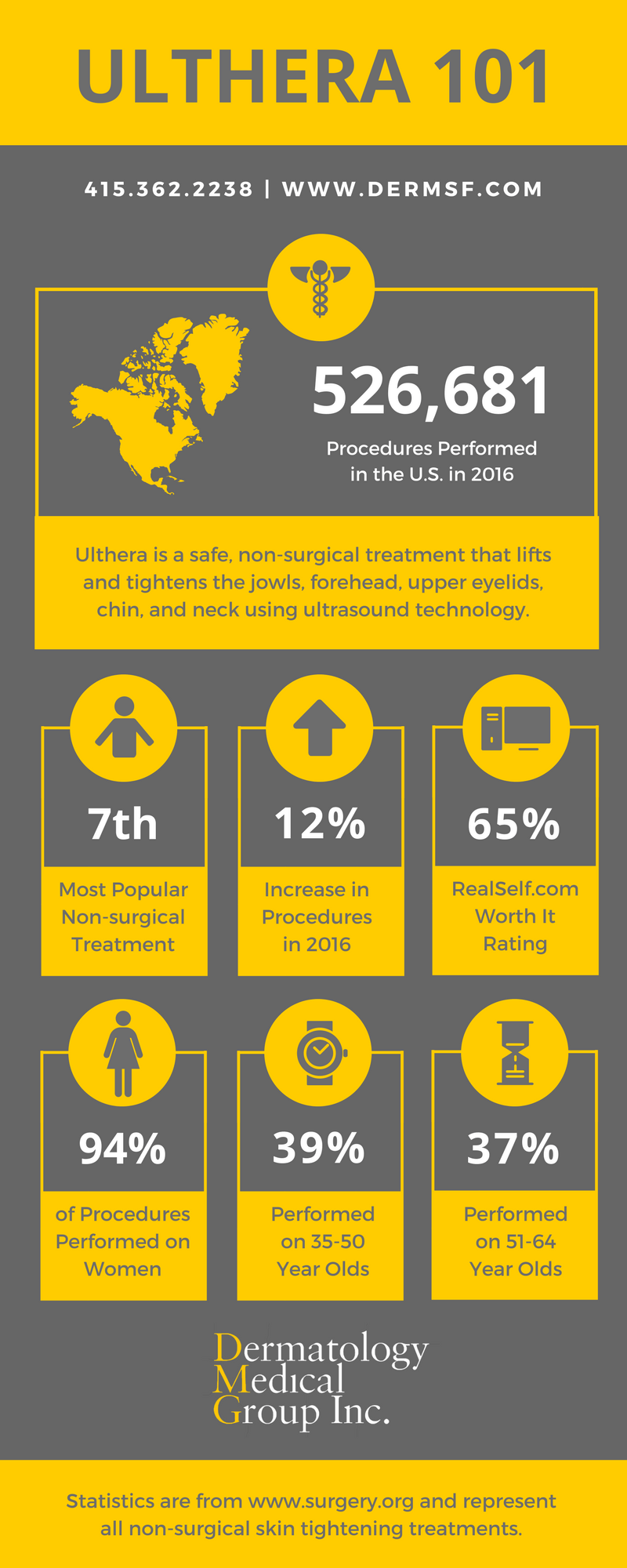Myths And Facts About Acne: Debunking Common Misconceptions
Myths And Facts About Acne: Debunking Common Misconceptions
Blog Article
Content Writer-McConnell Hawkins
You might believe that enjoying chocolate or oily foods is the root cause of your acne, yet that's just one of numerous misconceptions swirling around this typical skin problem. In fact, acne primarily originates from stopped up hair follicles, not your last dessert. Misunderstandings like these can lead you to take on inefficient skin care techniques that may also intensify your scenario. As you navigate the truths behind acne, you'll discover understandings that could transform your strategy to skincare and help you attain more clear skin. So, what really lies underneath the surface?
Common Myths Concerning Acne
When it concerns acne, many people rely on usual misconceptions that can cause confusion and irritation. makeup after microneedling is that consuming chocolate or greasy foods causes acne. While diet plan can affect skin health and wellness, the direct link between specific foods and acne isn't as specific as many assume.
An additional typical mistaken belief is that you must scrub your face vigorously to clear up outbreaks. In reality, aggressive scrubbing can irritate your skin and aggravate acne.
You might additionally believe that acne just influences teenagers, however adults can experience it too, usually as a result of hormone modifications or tension. Some people think that sun tanning can clear acne, however sunlight direct exposure can really lead to skin damage and aggravate breakouts in the future.
Finally, lots of think that using extreme items will certainly eliminate acne rapidly. However, these items can remove your skin of its all-natural oils, resulting in boosted irritability and more breakouts.
Scientific Information Behind Acne
Recognizing the scientific truths behind acne can empower you to tackle this usual skin condition better.
Acne occurs when hair follicles end up being blocked with oil, dead skin cells, and bacteria. This procedure usually begins with an overproduction of sebum, the oil your skin normally produces. Hormonal modifications, particularly during puberty or menstrual cycle, can cause this excess oil.
Microorganisms referred to as Propionibacterium acnes thrive in these stopped up pores, leading to inflammation. When coolsculpting chin cost responds, it can create redness and swelling, causing those pesky acnes or cysts.
Genes likewise play a role; if your parents had acne, you may be a lot more prone to it.
Diet and stress and anxiety degrees can influence acne too, however research is still evolving in these locations. While delighting in greasy foods won't straight cause outbreaks, a balanced diet regimen can sustain your skin health and wellness.
Furthermore, handling tension can lower hormone fluctuations that might aggravate acne.
Tips for Handling Acne
Taking care of acne properly requires a mix of day-to-day skin care routines and lifestyle adjustments. Begin by developing pictures of pah after coolsculpting . Clean your face two times a day with a mild, non-comedogenic cleanser to get rid of dust and excess oil. Avoid scrubbing as well hard, as this can irritate your skin and aggravate acne.
Next off, integrate products consisting of salicylic acid or benzoyl peroxide to assist protect against outbreaks. Always follow up with a light-weight, oil-free cream to keep your skin hydrated. Do not neglect https://hair-restoration77654.worldblogged.com/38187542/the-scientific-research-behind-acne-therapy-how-active-ingredients-work-to-clear-skin for non-comedogenic choices to shield your skin from UV damage without clogging pores.
Beyond skincare, take notice of your diet regimen. Limit sweet and greasy foods, and focus on fruits, veggies, and entire grains. Staying moisturized is vital, so beverage plenty of water throughout the day.
In addition, manage tension through activities like yoga, meditation, or workout, as tension can trigger outbreaks.
Last but not least, avoid choosing or standing out acnes. This can result in scarring and additional swelling. If your acne continues, seek advice from a dermatologist for individualized treatment alternatives.
Verdict
In conclusion, it's important to separate reality from fiction when it concerns acne. By exposing common misconceptions, you can better comprehend your skin and make notified options for your skin care routine. So, why remain to rely on out-of-date ideas when the truth can encourage you? Welcome much healthier habits, concentrate on mild cleaning, and keep in mind that taking care of acne is a trip. With the ideal understanding, you're one step better to clearer, much healthier skin.
